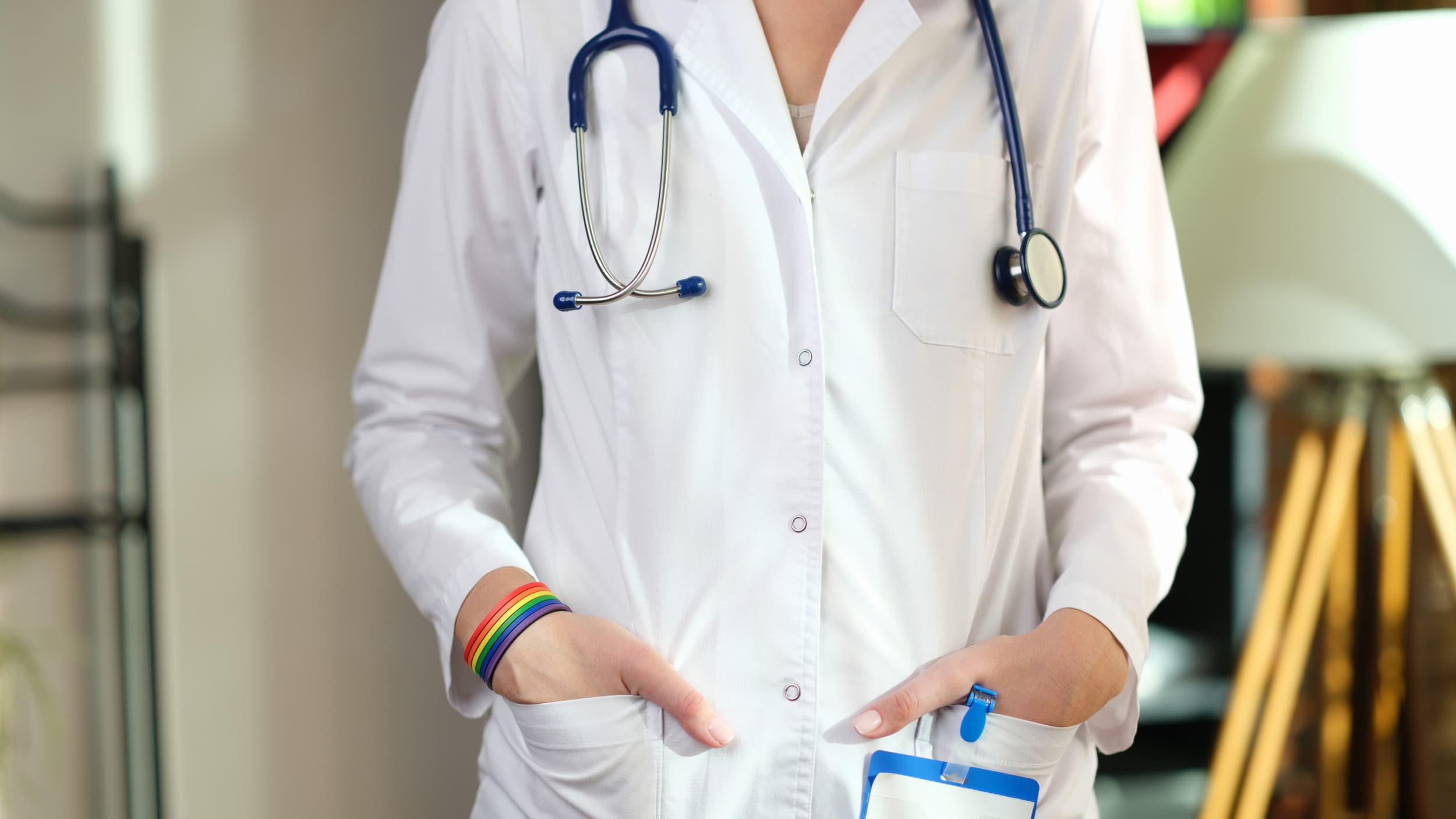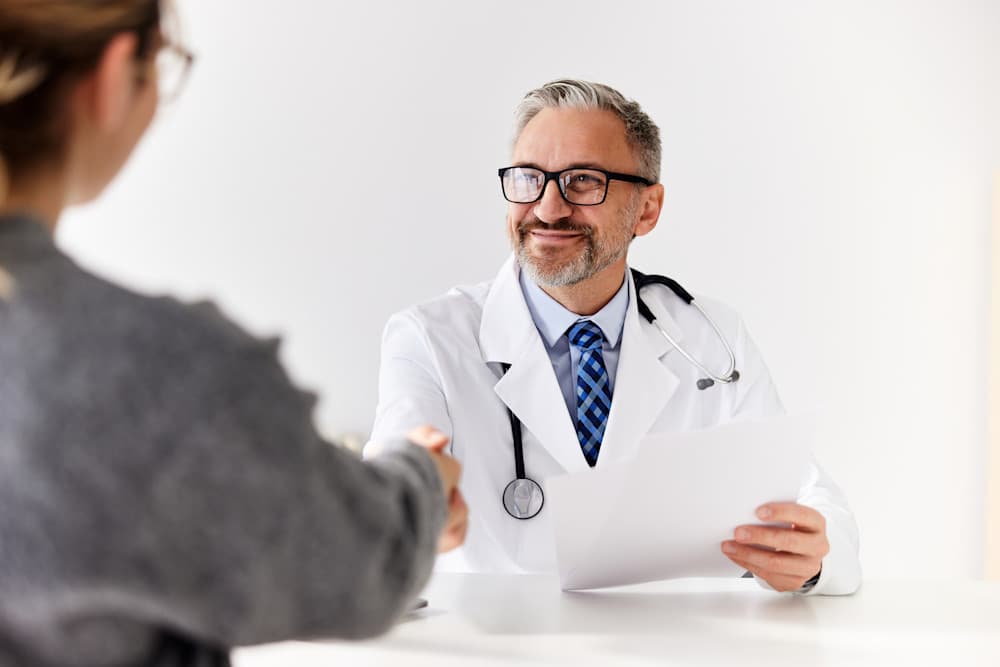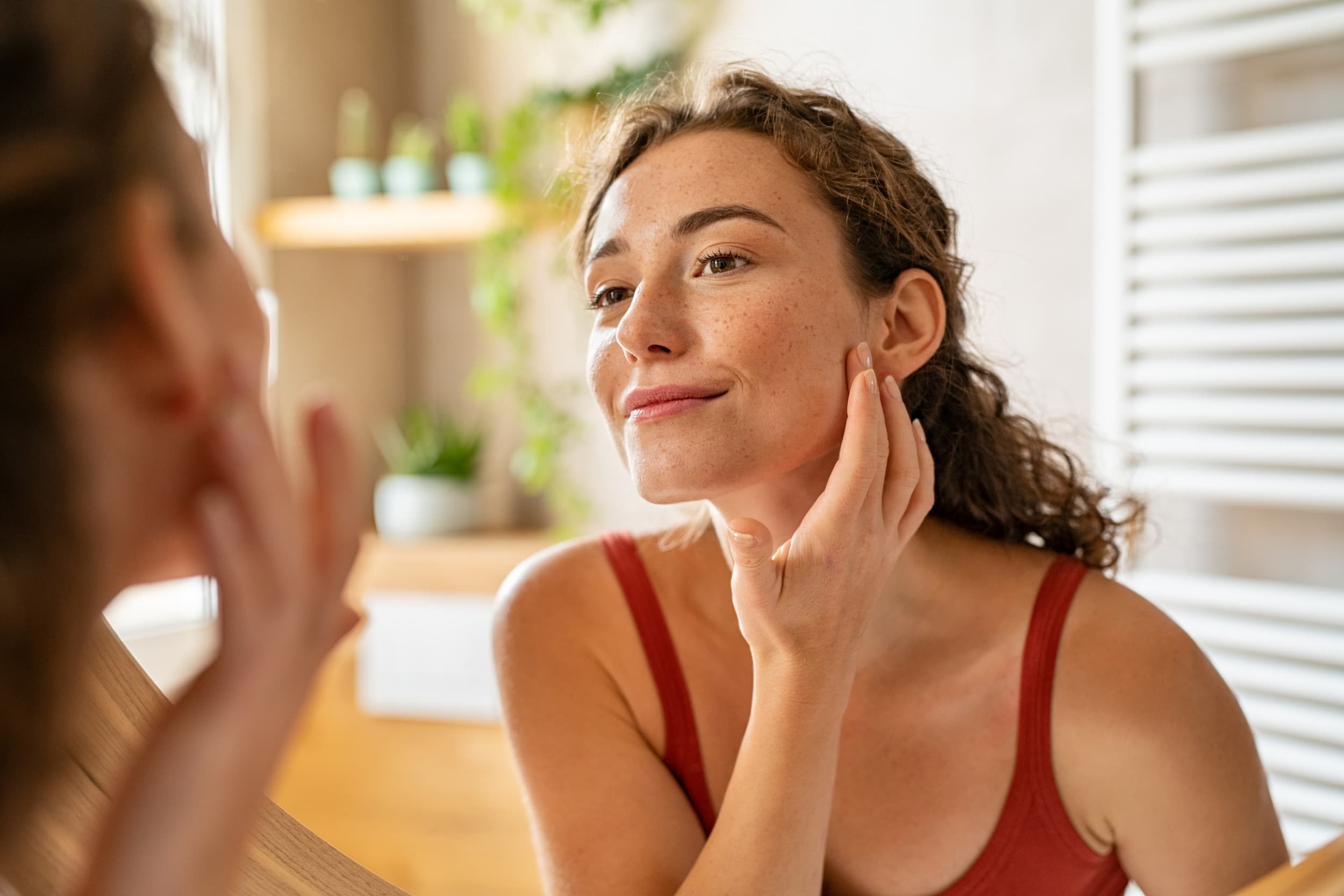COVID-19 Vaccine Side Effects: What You Should Be Aware Of

7 Minutes

Team Curative

Apr 16, 2021
As COVID-19 vaccines are rolled out globally and more efforts are made to inoculate as many people as possible, some people have been worried about COVID vaccine side effects. It is important to keep in mind that side effects are expected with many vaccines, not just the ones used to fight the novel coronavirus.
Health experts and infectious disease doctors have said that the mild side effects of the COVID-19 vaccine are completely normal and to be expected––they indicate that your immune system is learning how to recognize and fight against the virus.
“All of them [vaccine side effects] are so much better than getting the real-deal COVID. There’s no comparison. It’s like night and day,” said Dr. Peter Chin-Hong, a professor of medicine and director of the immunocompromised host infectious diseases program at University of California San Francisco (UCSF).
The Vaccine Trains Your Body to Fight COVID
Dr. Peter Chin-Hong compared receiving the COVID-19 vaccine to a boot camp for the body’s immune cells. “It is your immune system being trained like elite Navy SEALs,” Dr. Chin-Hong explained. “The same cells that cause you to feel like that are the ones that are going to be called to the battle when the real COVID comes along.”
With misinformation circulating about the COVID-19 vaccine and its potential side effects, it’s important to search for trustworthy sources. In this blog post, you’ll find the answers to the most frequently asked questions about the COVID-19 vaccine side effects.
Frequently Asked Questions About COVID-19 Vaccine Side Effects
1. What are the possible side effects of the COVID-19 vaccine?
The COVID-19 vaccine can cause mild reactions after the first or second dose. If you’ve experienced side effects after the first dose, don’t let that stop you from getting the second one. The possible COVID-19 vaccine side effects may vary from person to person––some have experienced side effects after the first dose but not the second one, or the other way around.
The COVID-19 vaccine side effects can be categorized into localized and systemic reactions.
The localized reactions are the ones present in the area where you got the vaccine (i.e. which arm the vaccine was injected into). Whereas the systemic reactions are the ones present throughout your body.
Common localized side effects:
Pain
Redness
Swelling
Common systemic side effects:
Tiredness
Headache
Muscle pain
Chills
Fever
Nausea and vomiting
Joint pain
Feeling unwell
Swollen lymph nodes
These mild reactions typically happen within the first three days after the inoculation and can affect your ability to do daily activities.
The CDC says to contact your healthcare provider, “If your side effects are worrying you or do not seem to be going away after a few days.”
2. Should I be concerned about the COVID-19 vaccine side effects?
The possible side effects are unpleasant, but are likely to be far less serious than getting the COVID-19 disease. As Dr. Chin-Hong mentioned,“[the vaccines] are so much better than getting the real-deal COVID. There’s no comparison. It’s like night and day… so we need to get vaccinated, all of us, if given the opportunity.” Everyone now has that opportunity, because, as of April 19, 2021, President Biden announced that everyone in the U.S. is eligible for the COVID vaccine.
It is important to remember that vaccines go through a rigorous process for safety evaluation before being authorized and produced at a mass scale. The COVID-19 vaccines available in the United States have been deemed both safe and effective. These vaccines were evaluated and monitored in tens of thousands of participants in clinical trials and met rigorous scientific standards.
3. What helps reduce the side effects?
According to both the Mayo Clinic and CDC, the following actions can help reduce side effects of the COVID-19 vaccines.
If you experience discomfort, pain, and swelling in the area where you got vaccinated, you can reduce these symptoms by applying a clean, cool, wet washcloth over the area.
Drink lots of fluids to stay hydrated.
4. Can I take medication for the side effects?
According to both the Mayo Clinic and CDC, this is how you should approach taking medication for any side effects.
5. What causes the side effects of the COVID-19 vaccines?
In general, vaccines are designed to mimic an infection—without having to actually contract the disease—to help the body generate protective immunity should you be exposed to the actual virus or bacteria in the future. Side effects of vaccines are usually a result of the immune system’s response to a vaccine component that resembles the virus or bacteria it’s designed to fight.
A reaction to the vaccine can mean that the body is building up immunity. “In learning to recognize the pathogen, the body goes through the same immune reactions as it would if it had met the pathogen for real, producing many of the same reactions,” explained Peter English, a consultant in communicable disease control in the U.K.
6. What are the signs of an allergic reaction to a COVID-19 vaccine?
After receiving either the first or second dose of a COVID-19 vaccine, you’ll be asked to stay to be monitored for 15 minutes as a precaution in case you develop an immediate, severe allergic reaction. The Mayo Clinic advises you to contact your health provider or 911 immediately if you have other reactions
7. Can I get COVID-19 from the COVID-19 vaccine?
No, you can’t get COVID-19 from any of the FDA-authorized COVID-19 vaccines. None of the vaccines currently being used in the U.S. contain the live virus causing COVID-19. Nevertheless, you should keep in mind that it takes a few weeks for your immune system to respond to the vaccine and build protection. As a result, you could become infected just before or after receiving the vaccine shots. Find COVID-19 testing near you if you suspect you may have been exposed to COVID-19 or are experiencing symptoms.
8. What are the long-term side effects of the COVID-19 vaccines?
It is unknown if the FDA-authorized vaccines could potentially have long-term side effects because the clinical trials only started in the summer of 2020.
Throughout history, vaccine monitoring has shown that side effects usually happen within the six weeks of getting the vaccine doses.
Safety data about the COVID-19 vaccines is constantly reported to the Vaccine Adverse Event Reporting System (VAERS), a national system to detect possible safety problems in U.S.-licensed vaccines. The CDC also created V-safe, a smartphone-based tool where the public can report after effects of the COVID-19 vaccine.
9. What’s in the coronavirus vaccine?
The ingredients in the coronavirus vaccines vary among manufacturers and among the technology used to develop each vaccine. The FDA-authorized vaccines do not contain eggs, preservatives, nor latex. The ingredients for each vaccine can be found through the CDC’s website.
10. Are there any groups of people who are more likely to get side effects?
As of April 2021, medical experts have discussed three groups of people who appear more likely to experience side effects of the COVID-19 vaccine: women, young adults, and COVID-19 survivors.
It’s unclear why reactions are different between sexes. Some health experts believe it’s because of a biological component, including estrogen, while others suspect women are more likely to report reactions.
As for young adults and COVID-19 survivors, it’s likely “because the immune system is just more agile,” Dr. Chin-Hong explained. “The younger you are, the more side effects you would get.” In most cases, younger people may have a more pronounced reaction than the elderly because they have a “more robust immune system, a stronger immune response, and that leads to more of the side effects” explains Dr. Blumberg. For those who’ve been infected with COVID-19, their body recognizes the virus and knows how to fight against the virus to prevent severe disease.
The Bottom Line
As Dr. William W. Li, a physician and scientist, explains, “As with everything in medicine, it is about the risk versus benefit… the vaccine has much more benefit, from an individual and societal perspective, than risk. Everyone wants out of the pandemic—and getting vaccinated is the first major step to get there.”
Protect Yourself and Others
In this crucial time, we need to work together to keep ourselves and our communities safe. In addition to social distancing, face-mask wearing, and broad testing, COVID-19 vaccination is a safe way to build protection, avoid getting sick, and slowing the spread of the coronavirus. Help protect yourself and those around you. Schedule a COVID-19 vaccination near you.
Curative Inc. and its subsidiary, Curative Management Services LLC, engage with medical entities that provide vaccination services.
Sign up for our Newsletter
Table of Contents
The Vaccine Trains Your Body to Fight COVID
Frequently Asked Questions About COVID-19 Vaccine Side Effects
The Bottom Line
Protect Yourself and Others








